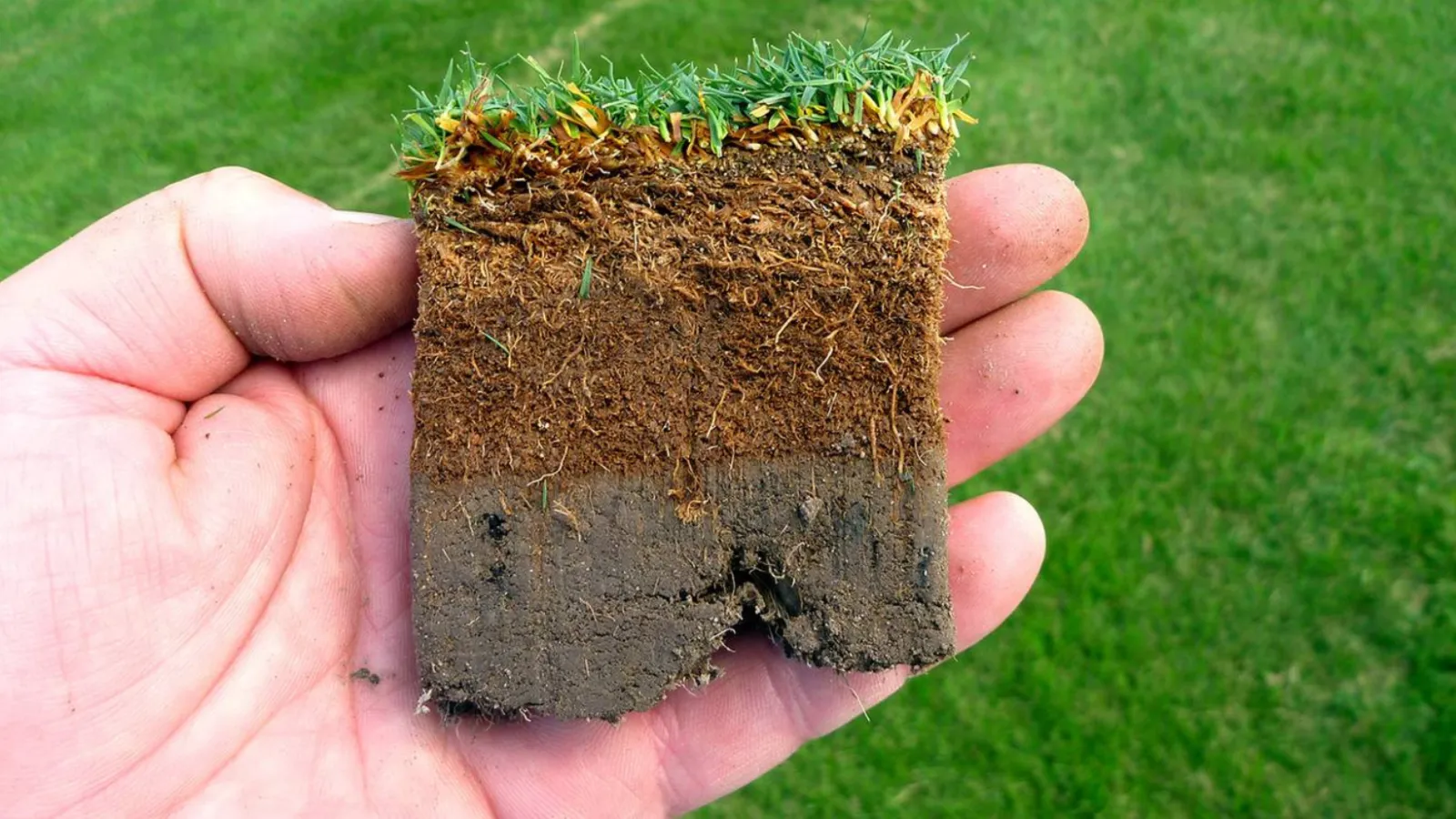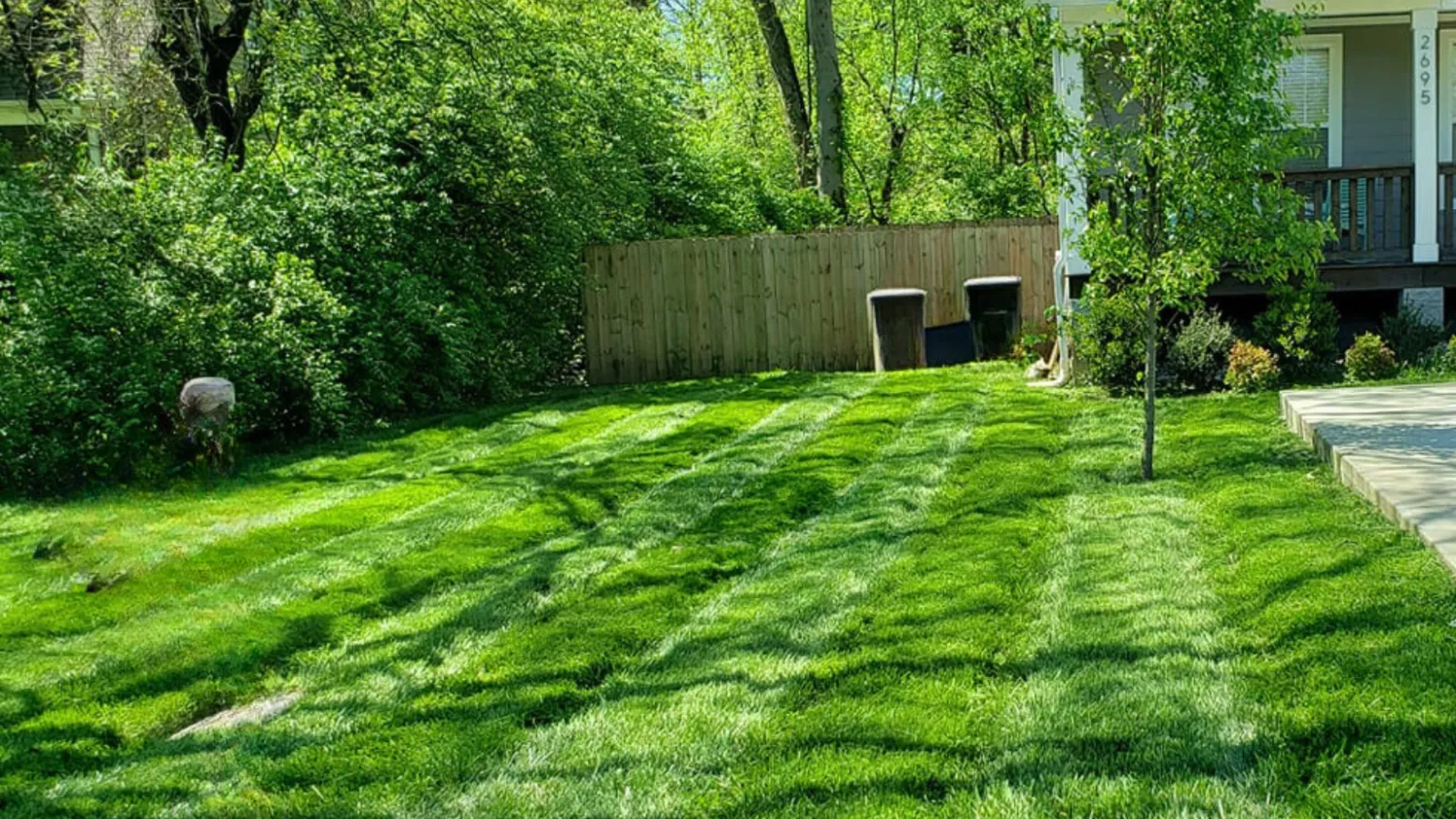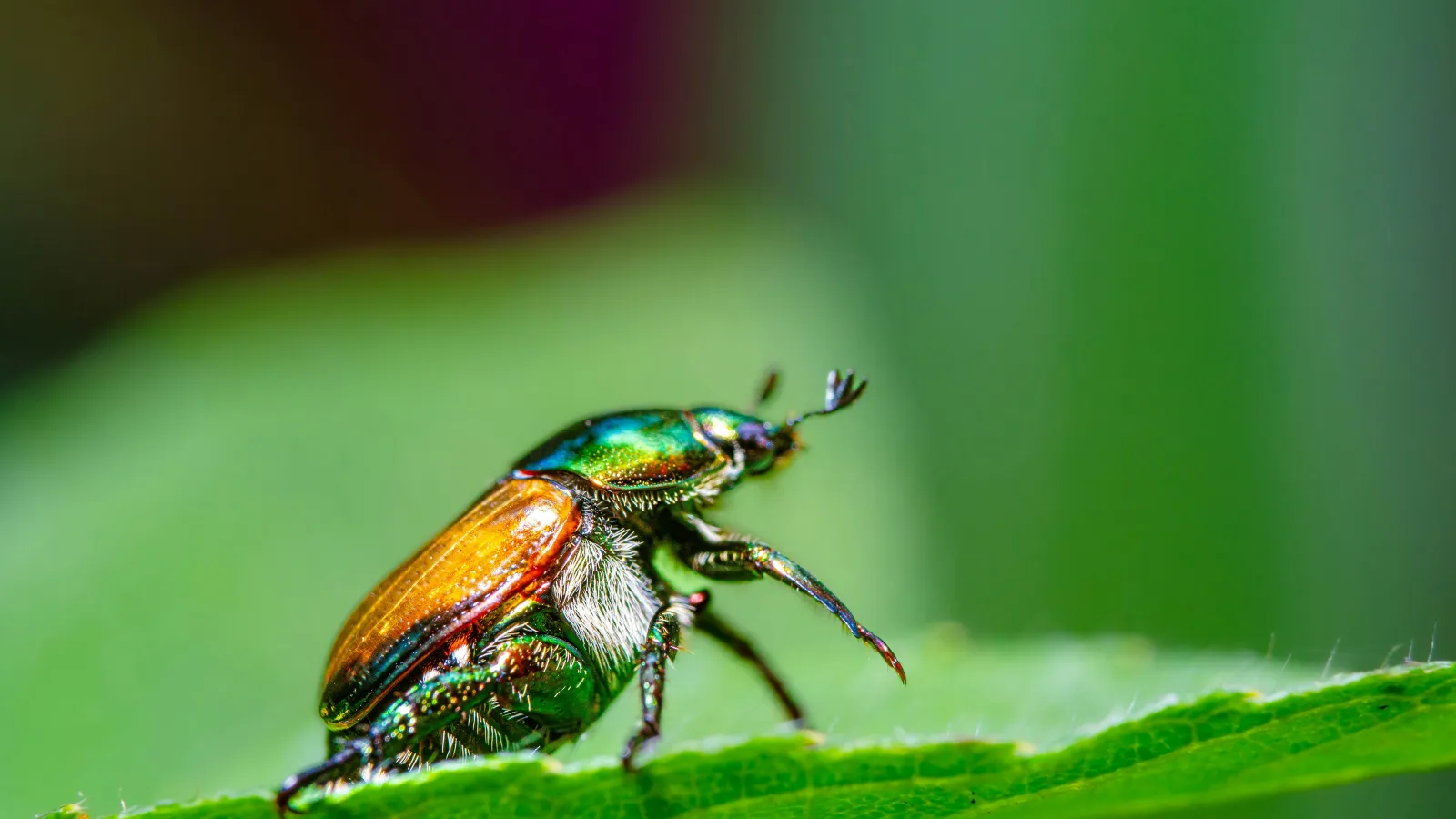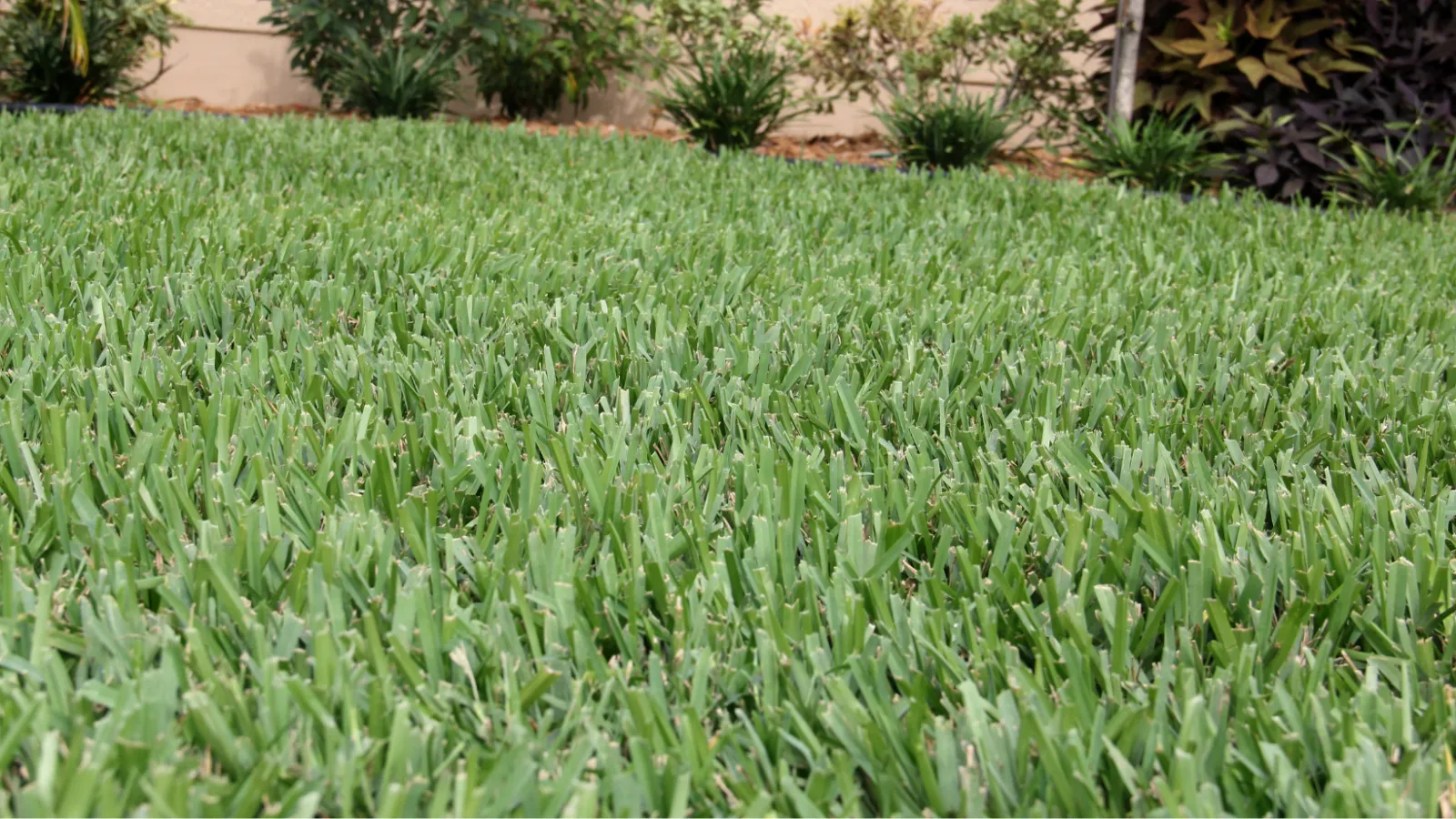
All About Thatch
Thatch is a normal part of lawn care consisting of a tight layer of living and dead stems, leaves, and roots. But before jumping into how it develops, how much is too much, when you should dethatch, and more, let's explain what thatch is.
What is thatch?
Thatch is a layer of living and dead grass stems, leaves, and roots that accumulates in lawns. It is the layer between actively growing grass and the soil below.
How does thatch develop?
Poor soil drainage, improper lawn watering (usually too much), and compacted soils are three factors that contribute to an increase in thatch. Another significant factor is improper mowing habits. Cutting off too much of the grass blade at once can overload your lawn's natural ability to break down the thatch. Over time, as everything settles, it lands between the grass root (crown) and the soil area. Remember, thatch is a normal part of an actively growing lawn, as long as it's not too thick. The problem occurs when the organic material (thatch) exceeds the microorganism's ability to break it down.
How do I measure my thatch layer?
Start by cutting a small plug, several inches deep, from your turf. The area between the grass root and the soil is the thatch layer you want to measure.
How much is too much?
If it's more than ¾ inch, it's time to dethatch your lawn. Because thatch acts as a barrier, it can negatively affect the grass's airflow, water, and fertilization uptake abilities. A thick layer also promotes unwanted pests and diseases, as well.
However, not all thatch is bad. Anything less than ½ inch is beneficial to a healthy lawn as it helps conserve moisture, helps with climate control, and improves foot traffic tolerance.
When should I dethatch my lawn?
Typically speaking, cool-season grasses, such as Fescue, don't need dethatching. But if it's required, fall is the time to do it. Unlike cool-season grasses, warm-season grasses do require dethatching more often. If your thatch layer is 1 inch thick or more, it's time to take action. But make sure you do it at the right time. Because dethatching is hard on your grass and can cause damage, we recommend dethatching during the active growing season. Here in the south, that means late spring or early summer for Bermuda, St. Augustine, and Zoysia lawns. Avoid the summer because your yard has enough stress with our hot, humid, and dry days.
Which grass type is most affected?
Fescue has a low tendency to produce thatch. However, Bermuda has more issues with thatch because of its vigorous growth rate. Slower-growing grasses, like Zoysia, are slow to break down organic material, so accumulation happens more quickly.
How does thatch negatively affect my grass?
A thick layer of thatch can prevent water, fertilizer, and insect controls from reaching the soil.
It can block sunlight from the lower grass blades.
It can hold moisture. Too much moisture and not enough sunlight makes the perfect growing environment for lawn diseases.
Thatch can result in a lawn with shallow roots. If the thatch is too thick, the roots do not have a chance to grow deep because they are stuck in the nutrient-deficient thatch layer.
If the layer gets thick enough, it can make your lawn uneven. An uneven lawn can lead to rough mowing or accidental scalping.
Prevention is key
Prevention is almost always the answer, especially in lawn care. Naturally, your lawn will have some thatch, and it should! The problem occurs when the organic material overloads the microorganisms. Follow our tips for a healthy lawn.
Core aeration - Our double-pass core aeration removes plugs from your lawn, freeing up space for oxygen, water, and other nutrients to be absorbed. It's also crucial for thatch control.
Proper mowing - Mowing height varies by type of grass. We recommend mowing cool-season lawns such as Fescue at a height of 3-3.5 inches. Warm-season grasses such as Bermuda and Zoysia can be mowed as low as 1-2 inches. Never cut off more than ⅓ of the grass blade during one mowing session.
If you have more questions about thatch or are ready to have an all-around healthy lawn, reach out to The Nice Guys.


